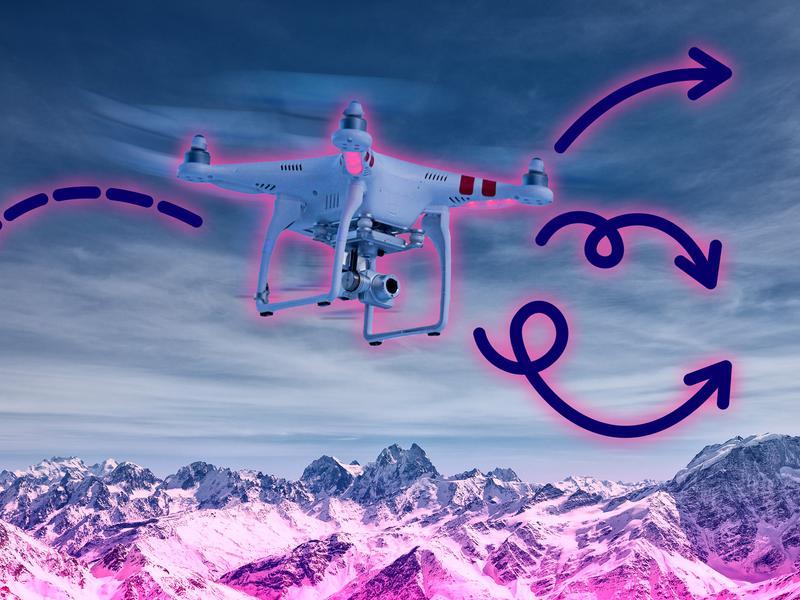Researchers from MIT and Stanford University have developed a machine-learning approach that can be used to control a robot, drone, or autonomous vehicle more effectively and efficiently in dynamic environments. This technique could help a drone to closely follow a downhill skier despite being buffeted by strong winds, or an autonomous vehicle to learn to compensate for slippery road conditions. The approach incorporates certain structure from control theory into the process for learning a model, which leads to an effective method of controlling complex dynamics.

